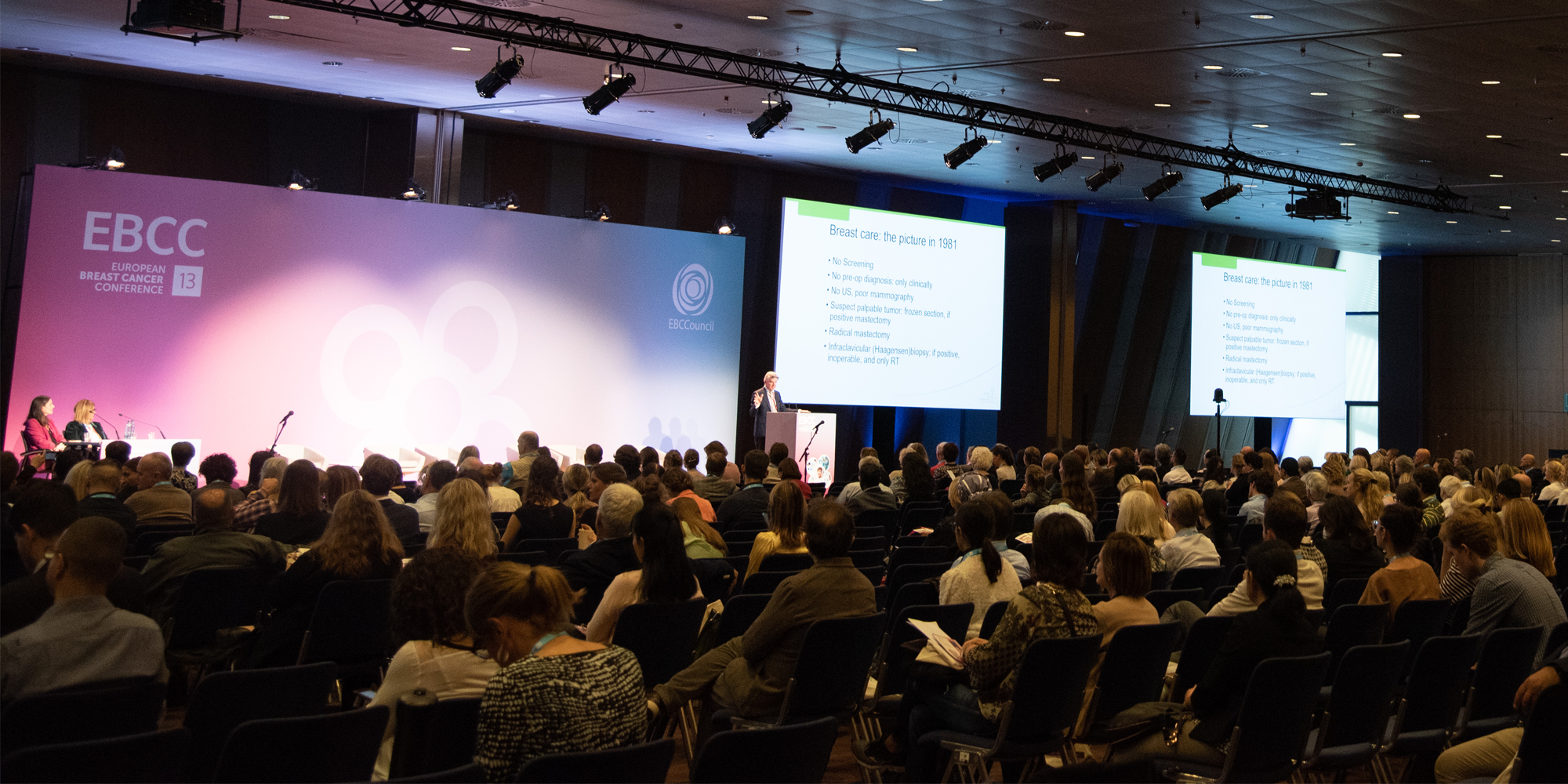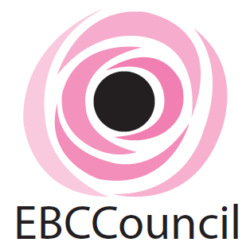2020 Why is appropriate healthcare inaccessible for many European breast cancer patients?
On October 3rd, EBC Council presented its manifesto on “Why is appropriate healthcare inaccessible for many European breast cancer patients?” during the 12th European Breast Cancer Conference.
Access to the best evidence-based, high quality healthcare for Europeans with breast cancer is vital to improve survival and quality of life. In Europe, inappropriate reimbursement and funding rules and regulations act as disincentives to best breast cancer care or, at worst, hinder best care. Reimbursement policies have rarely evolved with advances in breast cancer care such as outpatient (ambulatory) care rather than inpatient admission, use of oral or subcutaneous anti-cancer drugs rather than day-hospital intravenous administration, oncoplastic surgery techniques to minimize mastectomy rates, breast reconstructive surgery, risk-reducing surgery for BRCA mutation carriers, or use of hypofractionated breast radiation therapy. Although each European country, region and centre will have to understand how their reimbursement policies may hinder best care and find their own solutions, the problems are similar throughout Europe and some solutions can be broadly applied.
This manifesto is not calling for more funding or demanding changes that will result in more expensive care. Reimbursement, if better aligned with guidelines and optimal clinical practice, will deliver more cost-effective healthcare. This will release resources, support more equitable use of finite funding and resources, so allowing more European breast cancer patients to benefit from evidence-based treatment recommended by national and international guidelines.
2018 Genetic risk prediction testing in breast cancer
CALL TO ACTION:
Information about a person’s genetic make-up is providing crucial clinical information about risk, prevention and treatment in breast cancer and other diseases and is a rapidly evolving field. Genetic tests that predict someone’s risk of getting breast cancer are now widely available not only in national health systems but also commercially, including on the Internet, for low cost and frequently unregulated for quality and guidance. The results of such tests can be complex and misinterpreted if people do not have access to high-quality explanation and counselling and can lead to pressure on health systems if testing increases (such as with the ‘Angelina Jolie’ effect in the US and elsewhere). It is important that genetic risk prediction in breast cancer is available to people and their doctors, and the European Breast Cancer Council (EBCC) recognises that people have freedom to obtain the latest genetic tests if they are unavailable through national health systems. But tests must be of high quality, and information must be interpreted by appropriate healthcare professionals to give people an accurate understanding; to inform evidence-based interventions; and to avoid possible harm, both physical and psychological, through unnecessary interventions and anxiety. Indeed, the European Parliament considered introducing a ban on all direct-to-consumer advertising of genetic tests in the forthcoming regulation on in vitro diagnostic medical devices, although this was not included in the final version.
We call on policymakers, health professionals and advocates in all European countries to:
- Ensure genetic risk testing in national health services is carried out according to the latest evidence-based guidelines, with informed consent and access to clinical geneticists/genetic counsellors, and is available in breast cancer services.
- Act now to regulate commercial genetic testing products according to their safety and performance ahead of the impending EU In Vitro Diagnostic (IVD) Regulation 2017/746 and to protect against misleading advertising, including a requirement to provide links to official patient information sites of European and national bodies.
- Ensure that informed consent, counselling and medical supervision are provided for all genetic tests that have high-risk implications as these will not be mandated by the EU IVD Regulation.
- Inform health professionals such as primary care doctors about genetic testing and breast cancer risk and provide pathways to refer people to breast cancer services with specialists in clinical cancer genetics and genetic counsellors.
- Ensure patients diagnosed with breast cancer receive the current standard of care for genetic and genomic testing by a multidisciplinary team in a breast centre or unit, including access to clinical cancer genetic specialists.
- Encourage healthcare providers and health professionals to participate in European networks and research programmes about all aspects of genetic and genomic testing, including clinical and psychosocial impacts.
2016 European Breast Cancer Conference manifesto on breast centres/units
CALL TO ACTION:
The 2016 deadline for all patients in European Union countries to access specialist, multidisciplinary breast cancer units or centres, will be missed by most countries, despite numerous resolutions and declarations issued since the year 2000 that have called for universal specialist services. This means that many women, and some men, do not receive optimal breast cancer care in Europe. We call on policymakers and politicians to ensure, as soon as possible, that all women and men with breast cancer in Europe are treated in a specialist breast unit.
To do this, we ask that policymakers and politicians, together with healthcare professionals and patient advocates:
- Promote, in public and professional settings, the evidence that breast units staffed with
specialist multidisciplinary teams deliver superior care and quality of life to women and men with breast cancer. - Acknowledge the evidence that treatment in multidisciplinary units lead to overall cost savings as well as higher quality of care.
- Audit the current national provision of breast cancer care using accredited auditors.
2014 Optimal breast cancer pathology manifesto
This manifesto was prepared by the European Breast Cancer (EBC) Council working group and launched at the European Breast Cancer Conference in Glasgow on 20 March 2014. It sets out optimal technical and organisational requirements for a breast cancer pathology service, in the light of concerns about variability and lack of patient-centred focus. It is not a guideline about how pathology services should be performed. It is a call for all in the cancer community – pathologists, oncologists, patient advocates, health administrators and policymakers – to check that services are available that serve the needs of patients in a high quality, timely way.

